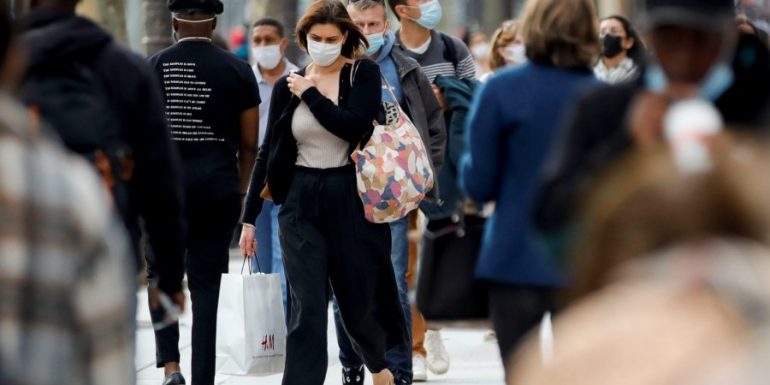New, updated guidelines for the quarantine of vaccinated and unvaccinated people were given today by the European Organization for Disease Control (ECDC), publishing a relevant report. ECDC also refers to the incubation period of the coronavirus.
At the same time, he notes that the duration of protection against vaccination may change depending on the data that emerge.
When does quarantine end for a person with coronavirus?
Patients with COVID-19 They can end their isolation at home or be discharged if they are hospitalized, after considering the following factors:
clinical resolution or improvement of symptoms,
the time elapsed since the onset of symptoms,
the severity of the disease,
the immune status,
the professional status and / or sensitivity of those who have regular contact,
the social factors of involvement and
indications of negative PCR or rapid from the upper respiratory tract.
The test to decide to end the isolation should ideally start after the symptoms have improved and from the third day after the onset of symptoms.
The criteria for quarantine removal in incompletely vaccinated
For asymptomatic, mild or moderate cases COVID-19 in incompletely vaccinated individuals, isolation should be continued until two negative rapid or PCR tests with a difference of at least 24 hours, depending on availability and test capacity, or until 10 days from the date of sampling or date onset of symptoms.
Isolation should be continued if the test remains positive.
For those who are fully vaccinated
For asymptomatic, mild or moderate cases COVID-19 in fully vaccinated individuals, a reduction in the isolation period to six days after the onset of symptoms may be considered if symptoms have resolved and negative rapid or PCR.
Isolation should be continued if the test is positive on the sixth day.
In countries / regions where the Omicron mutation is predominant, the period determining complete vaccination (after an initial two-dose serial or booster vaccination) may be reduced to three months.
The report also refers to how reliable the self tests are:
"Self-tests, he says, could be used as sufficient evidence of positivity, especially if countries are experiencing large increases in the incidence of new cases and pressure on their ability to test."
However, as noted, the validity of self-diagnostic tests makes them less suitable than PCR and rapid for the decision to terminate the isolation. They can be considered if there is no other way.
The incubation of the virus
According to the new data, there are various incubation periods (ie the period between exposure and the onset of the first symptoms) of covid. For example, if someone is infected with the Omicron mutation, they need a shorter incubation period than the Delta mutant, with an average incubation period of 3 days.
Source: Shipping
